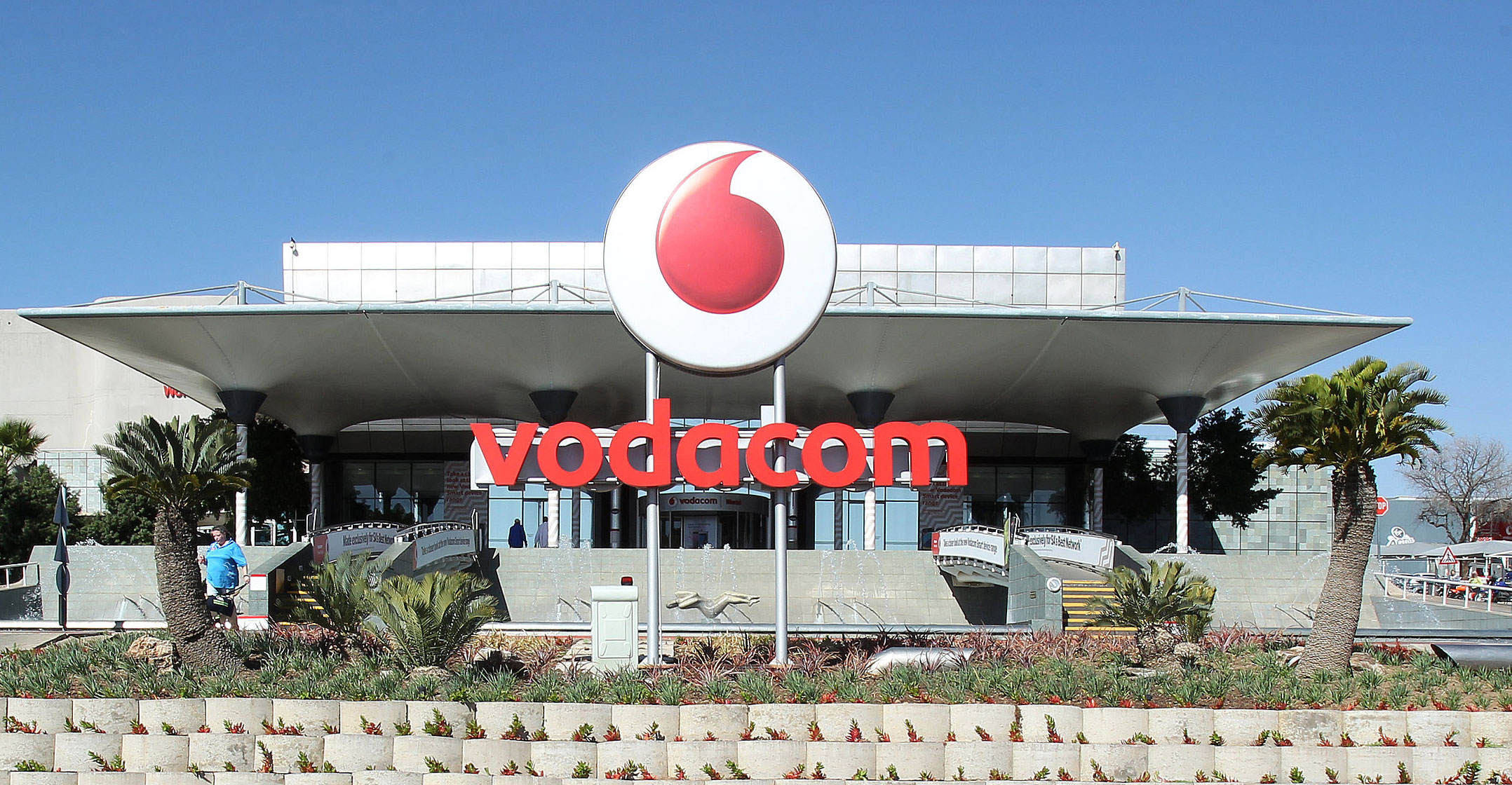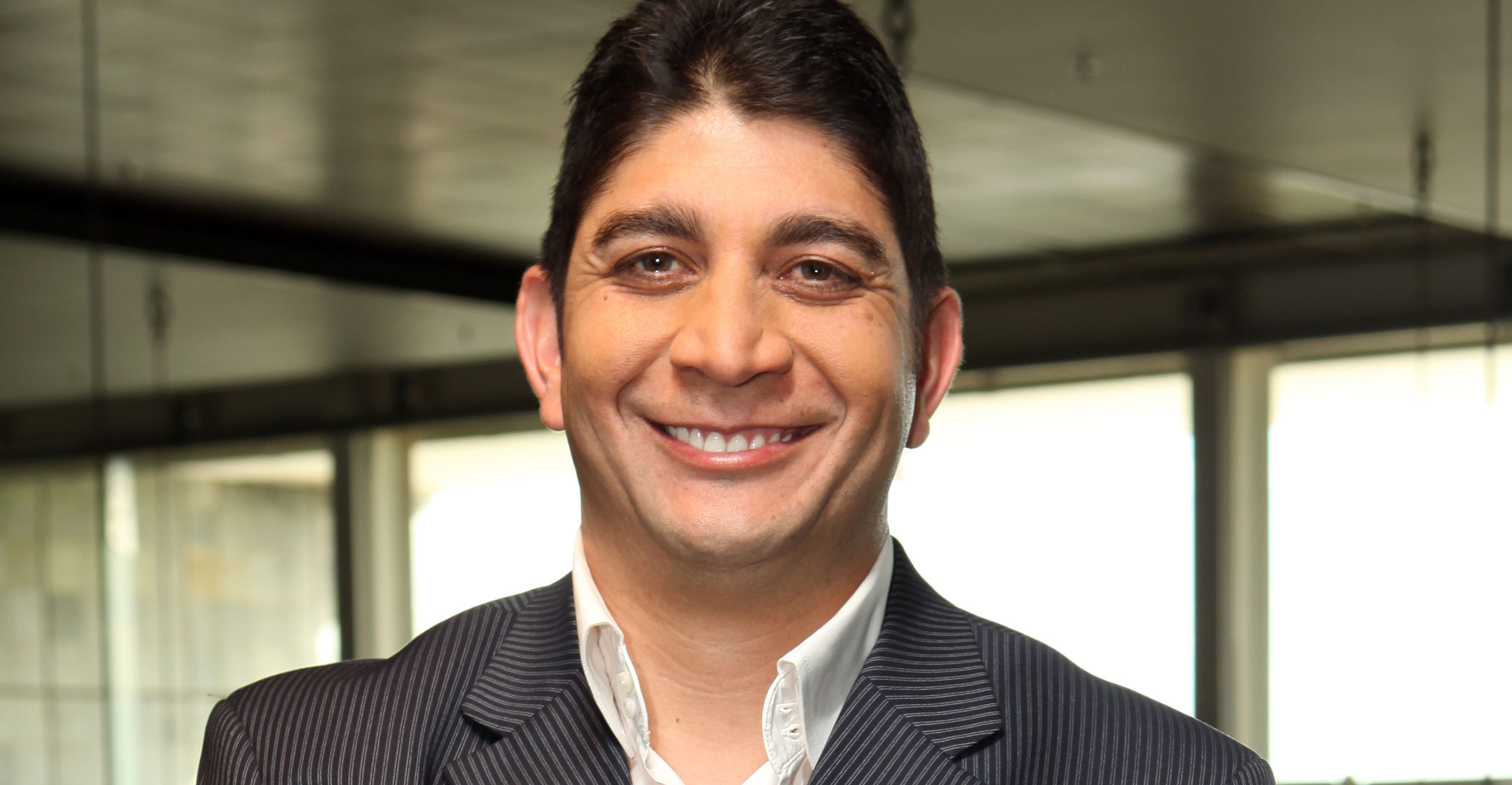 Nkosana Makate, the inventor of “please call me”, has revealed publicly for the first time that Vodacom offered him a settlement of R47-million during his latest compensation talks with the telecommunications giant.
Nkosana Makate, the inventor of “please call me”, has revealed publicly for the first time that Vodacom offered him a settlement of R47-million during his latest compensation talks with the telecommunications giant.
However, Makate is heading back to court to challenge the settlement offered by Vodacom Group CEO Shameel Joosub, which is adding another twist to the battle that has drawn out for more than 10 years.
Makate and Vodacom have been reluctant to disclose a settlement figure, citing confidentiality agreements entered into by both parties since the constitutional court ordered in 2016 that they enter into in good faith negotiations to determine reasonable compensation.
In court papers launched at the high court in Pretoria on 7 Augus, Makate said Joosub offered him a settlement of R47-million during a 9 January meeting with lawyers from both parties. He described the figure as “inherently unfair”.
Joosub’s involvement in settlement talks is part of the constitutional court’s order that enabled him to arbitrate negotiations after a deadlock on compensation materialised.
Makate has launched an application at the high court for an order that seeks, among other things, to review and set aside Joosub’s settlement offer and force Vodacom to disclose the revenue the company has generated from “please call me” since it was launched in March 2001.
“Please call me” enables a user without airtime to send a text to be called back by another subscriber.
Wants 5%
Makate also wants the court to order that he is entitled to be paid 5% of total revenue that “please call me” has generated from March 2001 plus accrued interest.
On this score, Makate believes that Vodacom owes him a settlement of R10.2-billion, which excludes accrued interest and all the legal fees incurred since the constitutional court judgment. He wants Vodacom to pay him a settlement that takes into account his legal fees.
In court papers, Makate said his legal team has calculated that “please call me” has earned Vodacom R205-billion in call revenue from 2001 to 2020 (a forecast), which excludes, among other things, advertising revenue linked to the innovation.

Considering the R47-million settlement that Vodacom offered, Makate said it “sounds like a significant sum of money”. However, “it is in fact merely 0.023%” of the R205-billion call revenue Vodacom allegedly generated from 2001.
“There is no sense in which an amount of 0.023% can be said to be a reasonable share of the revenue concerned, which can be up to 85% as in other instances,” he said.
A Vodacom spokesperson said the company is aware that Makate launched court papers, but it is “not in a position to comment on the merits of the application”. It will oppose the court application.
Vodacom recently rejected Makate’s claims about the “please call me” service generating revenue running into billions of rand. Vodacom chief financial officer Till Streichert said the service was free for a limited promotional period when it was launched.
He added that Vodacom resolved to shelve its plan to charge for the service when it enjoyed take-up in the market and its competitor MTN decided to launch a similar product. In other words, there was “no direct attributable revenue” as part of “please call me” as it has never been charged for.
To factor in any incremental revenue generated by customers who had decided to initiate voice calls upon receiving a “please call me” message would be “highly speculative”, said Streichert. “We have been seeing traffic on calls evolving over many years. Normal calling patterns have been incremental.”
‘New referee’
Makate wants the high court to determine the revenue generated by “please call me” since 2001 or appoint “a new referee” to determine the figure.
He has called into question the integrity of Joosub in being a deadlock breaker during settlement talks. During oral settlement talks that began on October 2018, Makate accused Joosub of acting “manifestly irregularly, unreasonably, irrationally, unfair, unjustly and inequitably”.
Makate said Joosub and Vodacom acted “in bad faith” as he incorrectly based the R47-million settlement on revenue generated by “please call me” over five years even though the service “has generated revenue for 18 years and continues to do so”.
In a transcript of recorded settlement talks, which is contained in Makate’s court papers, Joosub allegedly said the “typical duration” for an “untested” innovation in the Vodacom stable would be three years, with five years the longest. Joosub said he was inclined to allow a five-year period, which he believes is “generous” and the “outer limit of what could realistically be contemplated”.
- This article was originally published on Moneyweb and is used here with permission

